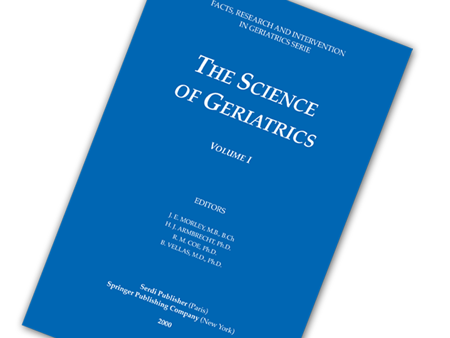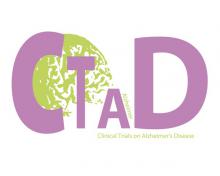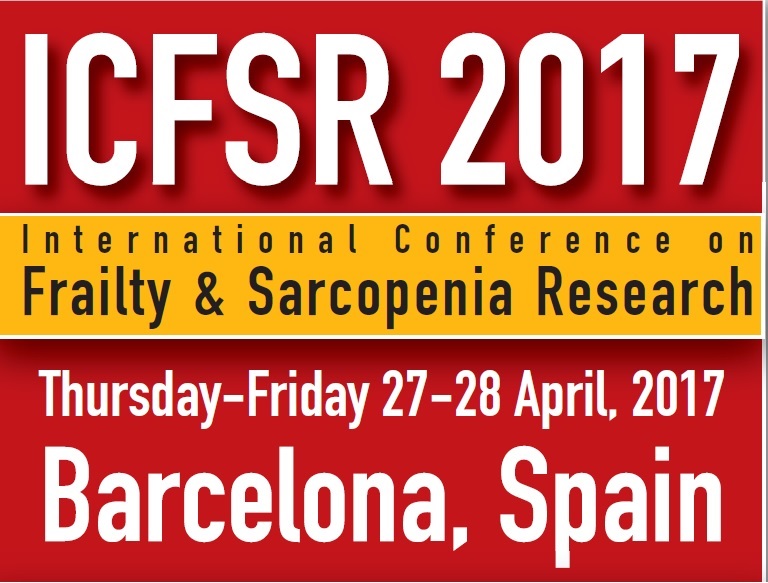Frailty prevention is one of social prescriptions for an aging society. That requires community level intervention. Objectives: This study examined frailty checkup supporters’ (FCSs’) intentions to engage in human-resource development and training activities (i.e., leadership activities) and related factors. Design: Cross-sectional study. Setting: Three municipalities in suburban area, Eastern Japan. Participants: Fortyfive of 59 FCSs completed anonymous self-administered questionnaires. Measurements: Questionnaire sought information regarding their sociodemographic data, their perceptions and experiences of FCS activities, and their intentions to participate in human-resource development and training activities. Participants were divided into a high intention (HI) and low intention group (LI). The two groups were compared using quantitative and qualitative data. Results: Eleven FCSs reported intending to engage in leader-related activities. Factors associated with FCSs’ intentions were finding FCS activities rewarding and the willingness to continue performing FCS activities. The participants who changed their daily activities (p = .041) and perceptions regarding contributing to the community (p = .018) showed significantly higher intention than LI participants. Free description about the changes in perceptions and lifestyles as a consequence of participating in FCS activities were analyzed qualitatively. FCSs who changed their daily activities and perspectives about contributing to the community described positive changes in both the groups. Meanwhile, FCSs who did not change their daily activities and perspectives about contributing to the community described their reason only in the LI group. Conclusions: The results might encourage FCSs to participate in training and guidance activities, as they have positive experiences and receive recognition obtained through participation in such activities.
(1) Fujisaki-Sueda-Sakai, M., Takahashi, K., Yoshizawa, Y. et al. Frailty Checkup Supporters’ Intentions to Participate in Human-Resource Development and Training Activities. J Frailty Aging (2020) in press



